House of Representatives passes TRC Bill
top leaders to address the House
Kathmandu : The Federal Parliament’s House of Representatives is poised to discuss and potentially pass the Transitional Justice (TRC) Bill today, marking a significant step in the ongoing efforts to address issues of justice and reconciliation related to Nepal’s conflict era.
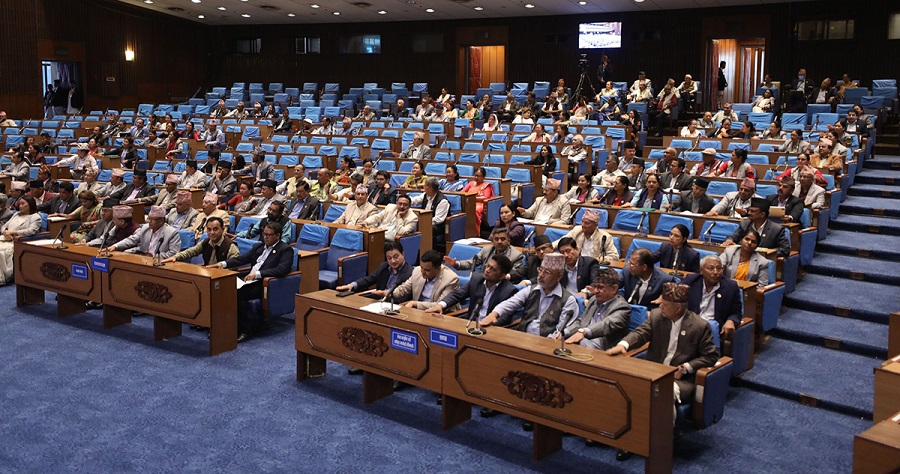
The session, scheduled for 1 pm, will see the presentation of the “Bill to Amend the Commission of Investigation on Enforced Disappeared Persons, Truth and Reconciliation Commission Act, 2022 (Third Amendment).”
This discussion will include the report submitted by the Law, Justice, and Human Rights Committee. The bill is expected to be passed after the talks.
Prime Minister KP Sharma Oli and other top political leaders are set to address the House regarding the bill. Following these addresses, there is strong anticipation that the legislation will be approved today.
The bill, which had previously faced delays due to disputes among political parties, has now advanced to this stage after achieving consensus. A task force composed of representatives from the Nepali Congress, CPN-UML, and the Maoist Center was established to reach an agreement on the bill.
The report prepared by this task force, which formed the basis of the current bill, was presented to Parliament on Tuesday.
The original legislation, the “Bill to Amend the Enforced Disappearances Enquiry, Truth and Reconciliation Commission Act, 2014,” was initially registered in the House of Representatives on March 8, 2013, by then Prime Minister Pushpa Kamal Dahal. The bill seeks to address critical issues related to enforced disappearances and truth and reconciliation processes stemming from Nepal’s decade-long conflict.
Last Thursday, the Law, Justice, and Human Rights Committee of the House of Representatives unanimously approved the bill after conducting a clause-by-clause review. With the final approval of the bill expected today, Nepal is one step closer to addressing the grievances of those affected by the conflict and advancing the cause of transitional justice.




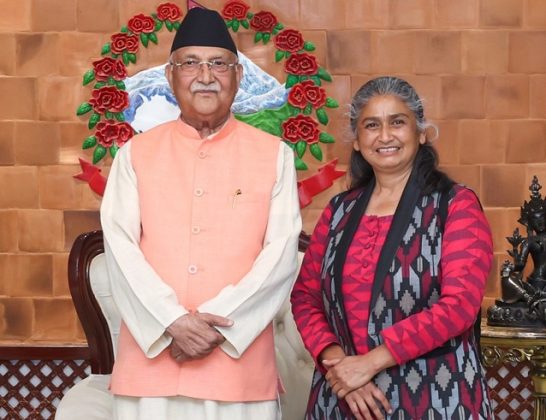
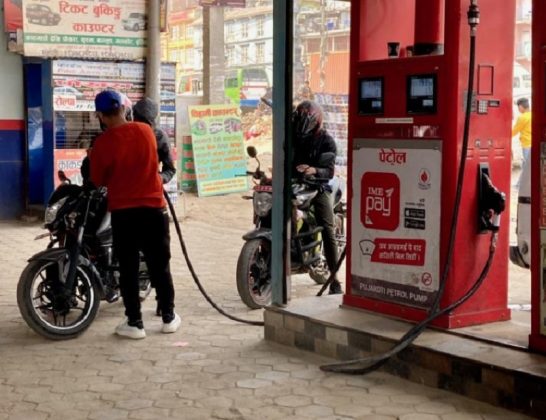
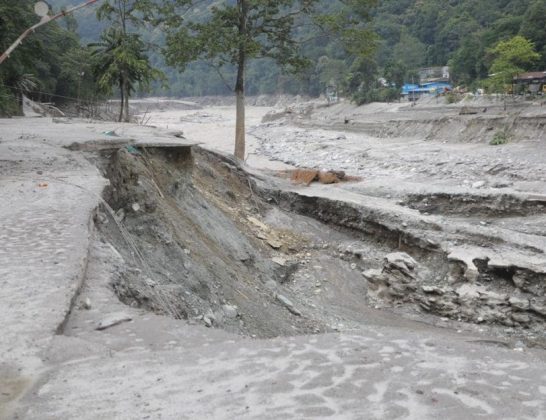
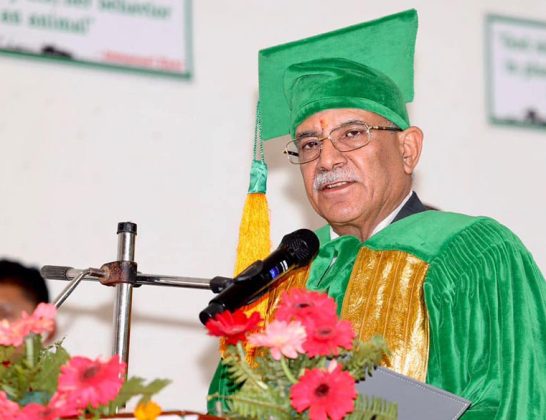


Comments